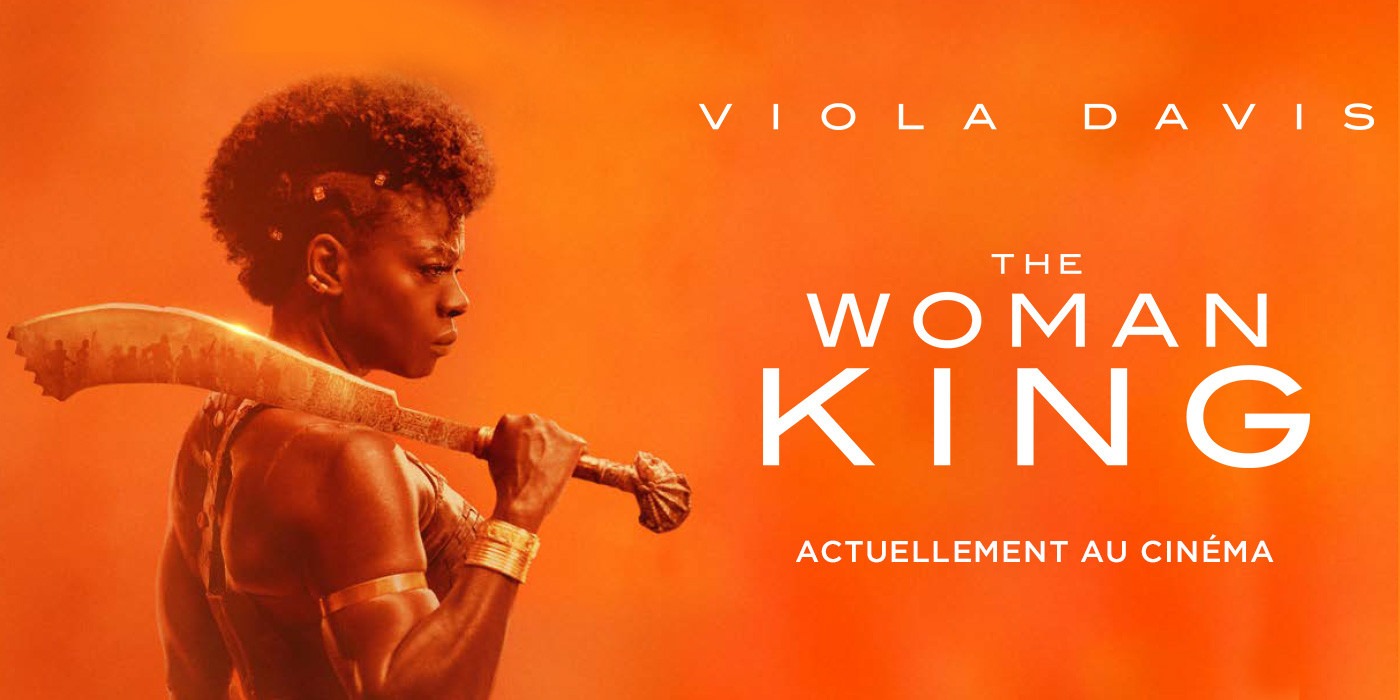The Woman King—a true reflection on Black history
Prince-Bythewood’s latest film showcases histories that are rarely depicted in Hollywood.
Trigger warning: This article mentions sexual assault.
History allows us to reflect on the paths that paved the ways to our futures. By learning the stories of those who came before us, we are encouraged to develop our own understandings and shape our world views. History is crucial to Black History Month.
Based on true events, Gina Prince-Bythewood’s The Woman King (2022) follows the African Kingdom of Dahomey. Specifically, the film showcases the historical, all-female group of highly trained and well-respected soldiers known as the Agojie. Up until watching this film, I had never heard of the Agojie—let alone a group of soldiers composed only of women.
History suggests that the Agojie came to be around the 1700s. Some even believe the Agojie originated from a group of elephant hunters. As one of the few female armies documented in history, being in the group required extensive training—ranging from hand-to-hand combat and musket training, to relentless exposure to pain. The Woman King highlights these aspects of the group, along with many others.
The film also focuses on the roots of the slave trade. Often, the media represents slavery in a “post transaction” kind of way—we see enslaved individuals but do not understand how they became slaves. The Kingdom of Dahomey played a large role in the Atlantic Slave Trade; the Europeans used their peoples as a large outlet for slaves. In one of the opening scenes of the film, a group of men sit around a fire and hear a rustle in the bushes. Nansica (Viola Davis), the Agojie General, reveals herself—followed by her group of soilders. She lets out a war cry and the Agojie charge, proceeding to raid the village. A gruesome battle ensues, and we find out that the village they raided was holding Dahomey people and other nations captive.
This scene was quite shocking. This film shows that greed comes in any colour. Throughout the plot, we are introduced to the Oyo Empire—a group that have allied with the Europeans in the slave trade. Historically, the Oyo was a dominant kingdom known for their ties in the Atlantic Slave Trade. They were highly militarized and profited off of slaves—as the Europeans allowed them to expand their empire. In the film, the Oyo raid villages and take captives who they then sell to the Europeans. They were willing to sell their own African peoples just to satisfy their need for wealth and power.
Another aspect of the film that stood out to me was its display of empowerment. Amid the gruesome fight scenes, the women of the Agojie remind us that strength can be found in vulnerability. While the main character, Nanisca, is known for her resilience and bravery, she also has a secret. She too was once sexually assaulted by the now leader of the Oyo empire. When he comes back into her life, she begins to re-live the traumatic events she endured. But, by facing her fears head on, she accepts her past and uses it as fuel to move forward.
Black culture is represented quite beautifully in this film. This was refreshing to see, as there are few films that allow us to envison Black history in this perspective. I think that everyone should add The Woman King to their watchlist. It is these kinds of films that pave paths for Black representation in Hollywood.


I actually enjoyed the movie, but it is riddled with historical inaccuracies, and outright falsehoods. The main “heroes” were actually some of the most prolific sponsors of slavery, and renowned for selling their enemies into slavery, not adding them to their ranks. ALso the Kingdom of Dahomey maintained this practice long after the slave traders stopped coming to African shores. There was no moment of truth…they continued to practice slave taking until the market dried up. Good to see strong black female characters, but it would have been more fitting to show the actual historical context…rather than try to just blame it on europeans. The practice of slave taking existed in africa long before europeans came in the 16th century. Romans bought african slaves from other africans in the 4th century BC.